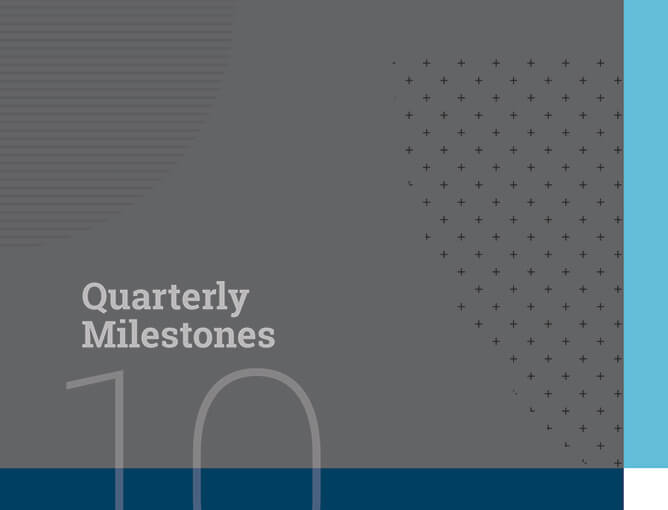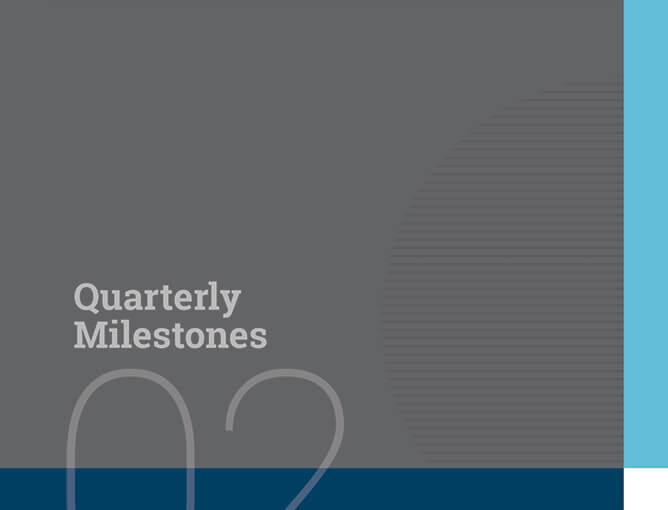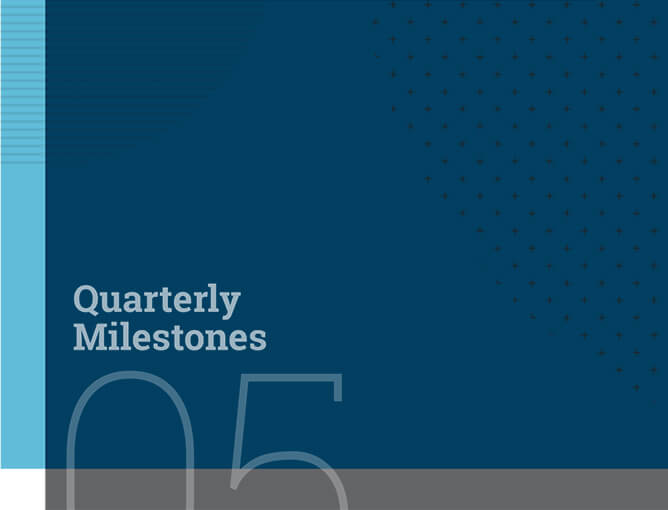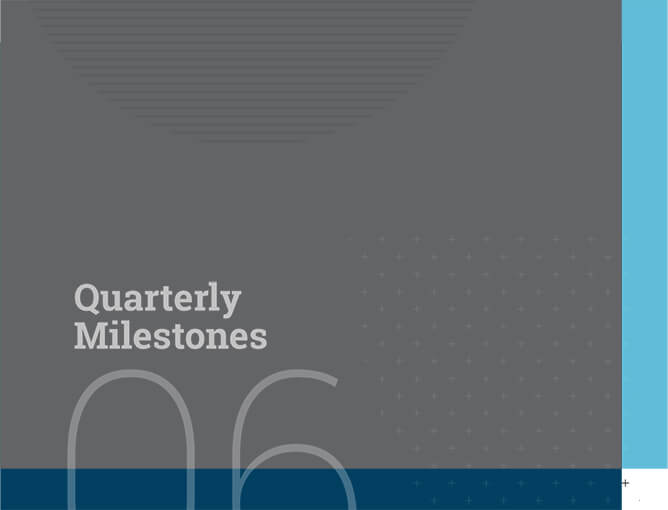
Richa ChoudharyPartner

Ronak ChawlaCounsel

Aayush KhandelwalAssociate
Key Developments
-
Concept of ‘Senior Management’ introduced in offer documents
The Securities and Exchange Board of India (SEBI) has introduced the concept of ‘Senior Management’ under the SEBI (Issue of Capital and Disclosure Requirements) Regulations, 2018 (SEBI ICDR Regulations) and disclosure requirements for such personnel in offer documents by issuers undertaking initial public offerings. The definition of key management personnel (KMP) in the SEBI ICDR Regulations has also been amended to mean such personnel who are identified as KMP in terms of the Companies Act, 2013.
SEBI has clarified that Senior Management include officers and personnel of a company who are members of its core management (excluding any such members who are on the board of the company) and all members of the management one level below the chief executive officer or managing director or whole-time director or manager, as well as the functional heads, the company secretary and chief financial officer. The disclosure requirements for such personnel are at par with that of KMP. This is aimed at removing the inconsistency in the ambits of KMP and Senior Management between the SEBI ICDR Regulations and the SEBI (Listing Obligations and Disclosure Requirements) Regulation, 2015 (SEBI LODR Regulations) since personnel were previously categorised as KMP in offer documents of companies in the process of listing in accordance with the SEBI ICDR Regulations and post listing could have been categorised only as Senior Management under the SEBI LODR Regulations. Accordingly, designating and disclosing information related to KMP and Senior Management prior to and post-listing has been brought at par.
-
Submission of issue summary document by companies to stock exchanges and dissemination of issue-related advertisements by lead managers
In order to simplify the information shared with stakeholders during initial public offers, further public offers, further issues of securities, buy-backs, etc., SEBI has mandated that companies undertaking such transactions must provide an issue summary document (ISD).
The ISD should contain relevant information such as the name of the issuer, its promoters, its registered office, the tentative number of shares, estimated issue size and names of the lead managers (LM). The ISD is required to be submitted by the LMs or the issuer, based on the nature of the transaction, in a prescribed Extensible Business Reporting Language format while seeking in principle listing approvals and listing approvals of the stock exchanges.
SEBI has also mandated that LMs disseminate the advertisements in connection with an initial public offer or a further public offer under the SEBI ICDR Regulations on the websites of the stock exchanges. Accordingly, LMs will now be required to submit all issue-related advertisements (and not just the price band advertisement as mandated earlier) to the stock exchanges for wider dissemination of information amongst bidders and investors.
-
Listed companies provided with two additional methods to facilitate compliance with minimum public shareholding requirement
Compliance with the minimum public shareholding (MPS) requirement has posed challenges for listed companies in the past for various reasons including (a) the time required to complete the process, (b) cost, (c) ensuring demand for their shares within the prescribed methods, and (d) the time period allowed to comply with the MPS requirement. This is on account of the compliance methods being cumbersome, with some of the existing methods requiring the appointment of intermediaries, due diligence and disclosure of information through the publication of offer documents.
In a relief for listed companies, SEBI has now provided two additional methods to comply with the MPS requirement:
-
Exercise of options and allotment of shares under an employee stock option scheme
The first method is through the exercise of options and allotment of shares under an employee stock option scheme up to 2% of the paid-up equity share capital of the listed entity. However, no shares can be allotted to the promoters or members of the promoter group under this method.
-
Transfer of shares (held by promoters or members of the promoter group) to an exchange-traded fund
The second method is by way of transfer of shares held by promoters or members of the promoter group to an exchange-traded fund (ETF) managed by a SEBI-registered mutual fund up to a maximum of 5% of the paid-up equity share capital of the listed entity.
Under this method, disclosure is required to be made at least one trading day prior to such a proposed transfer. The disclosure should contain details of the ETF, along with an undertaking that the promoter and promoter group will not subscribe to the units of such ETF.
-
-
Framework for Offer for Sale through the stock exchange mechanism modified to remove the minimum shareholding requirement for non-promoter shareholders
SEBI has modified the ‘Comprehensive Framework on Offer for Sale (OFS) of Shares through Stock Exchange Mechanism’. Prior to the modification, only such non-promoter shareholders who held at least 10% of the share capital of an eligible company were allowed to offer their shares through the OFS mechanism. The modification is aimed at providing avenues for the divestment of shares for a larger pool of shareholders and encouraging the participation of retail investors in the OFS mechanism.
Set out below are the key changes introduced under the OFS Framework:
- Removal of shareholding requirements for participation by non-promoter shareholders: With the removal of the shareholding requirement of at least 10%, non-promoter shareholders who hold less than 10% of the shareholding are also permitted to avail of the OFS route. However, it is important to note that the minimum size of such an offer continues to remain INR 25 crore.
- Reduction in cooling-off period: The cooling-off period for promoters, members of the promoter group and non-promoter shareholders to purchase/sell shares prior to or post the OFS has been revised from 12 weeks to a range of two weeks to 12 weeks based on the liquidity of shares.
- Allotment of the unsubscribed portion of the non-retail portion: Retail investors are now permitted to bid for the unsubscribed portion of non-retail investors in the OFS. This may encourage retail investors to buy shares under the OFS mechanism at discounted rates from the market.
- OFS mechanism for units of listed Infrastructure Investment Trusts and Real Estate Investment Trusts: Unitholders of publicly listed Infrastructure Investment Trusts (InvITs) and Real Estate Investment Trusts (REITs) are now permitted to sell their units under the OFS Framework. The framework for such InvITs and REITs is the same as the framework prescribed for listed companies.
-
Separate corporate governance norms notified for Infrastructure Investment Trusts and Real Estate Investment Trusts
SEBI has mandated additional governance norms to increase the accountability of the managers of InvITs and REITs through the formation of board committees and enhancement of the disclosure norms.
The corporate governance requirements to be followed by InvITs and REITs and their respective managers are now similar to the requirements for listed companies under the SEBI LODR Regulations. These include the constitution of the board of directors as well as the minimum number of meetings to be held, criteria for independent directors, formation of committees, setting out a code of conduct for the board and senior management and formulation of a vigil mechanism. A concept similar to Senior Management under the SEBI ICDR Regulations has also been introduced.
The corporate governance requirements have been operationalised by the insertion of specific provisions to the SEBI (InvIT) Regulations, 2014 and SEBI (REIT) Regulations, 2014 (collectively, Regulations), by way of amendments, as well as by building a reference to certain requirements of the SEBI LODR Regulations, within the Regulations.












